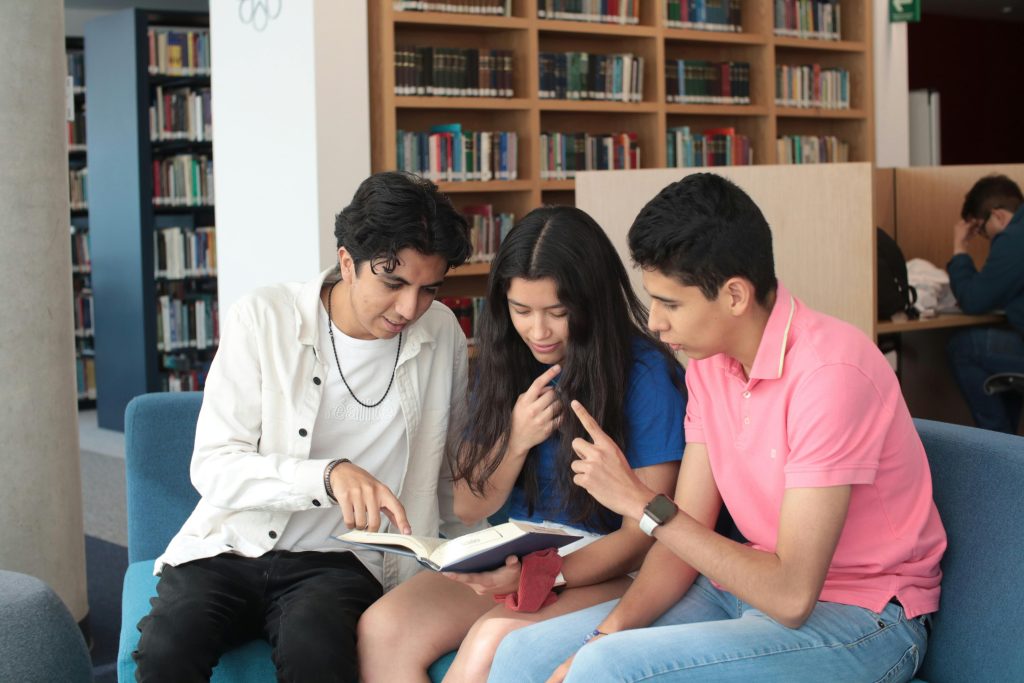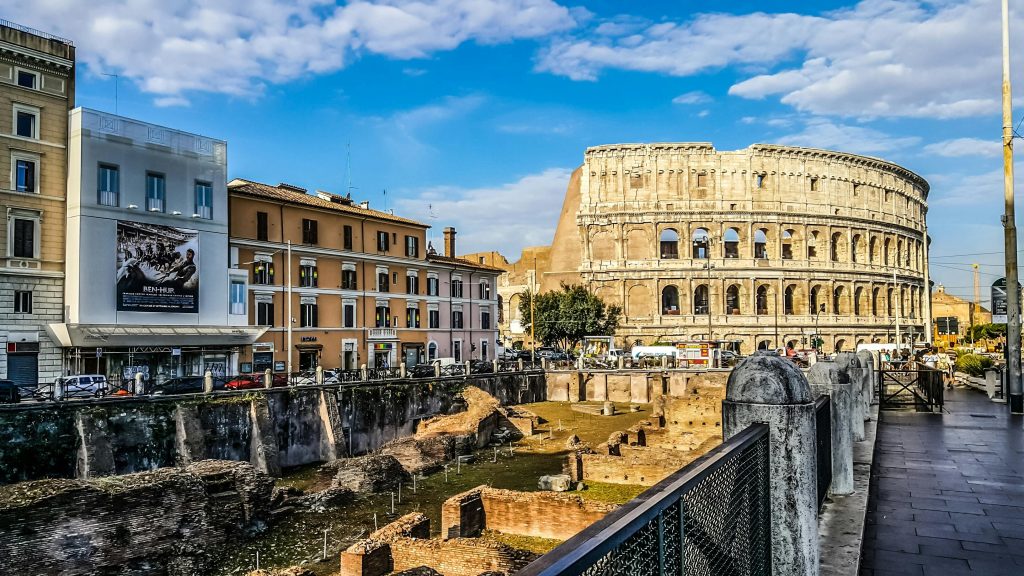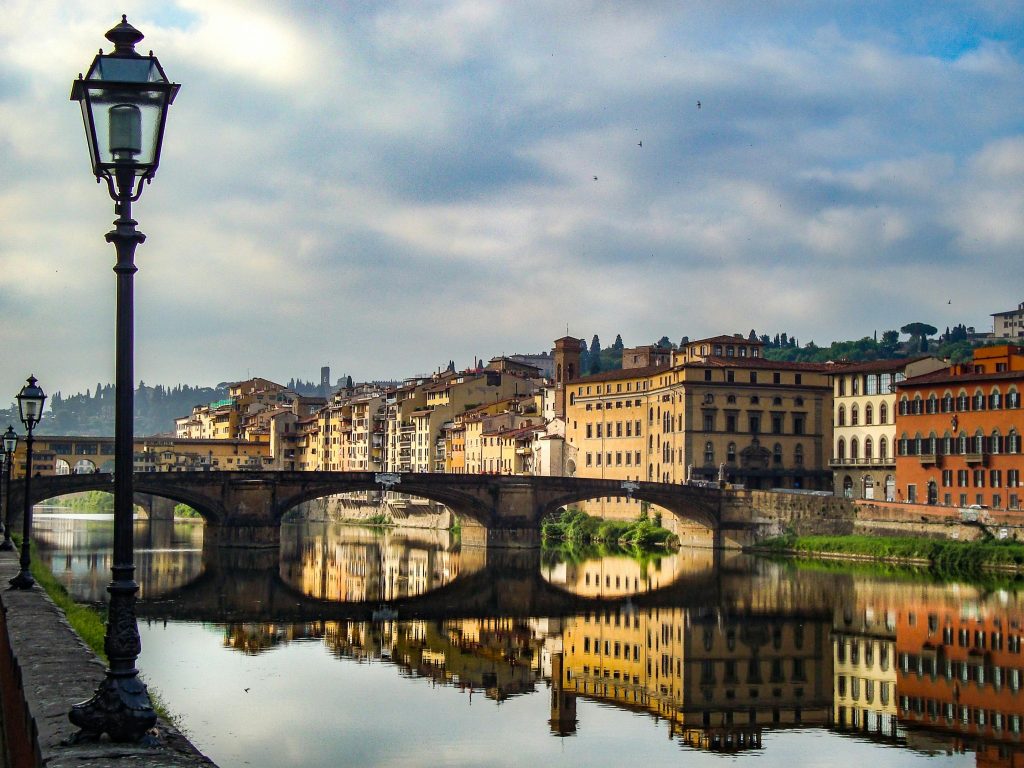Ignite Your Research in Italy: Fully Funded PhD Scholarships 2025 at the University of Urbino!

Dreaming of pursuing your doctoral studies in a historic Italian city, surrounded by a rich cultural heritage and a vibrant academic community? Now is your chance! The prestigious University of Urbino Carlo Bo in Italy has opened its doors for fully funded PhD scholarships for the academic year 2025-2026, and it’s an incredible opportunity for ambitious international students like you!
Imagine Studying in a UNESCO World Heritage City, Fully Funded!
The University of Urbino, nestled in the picturesque Marche region of Italy, boasts a legacy of academic excellence dating back to 1506. Imagine conducting your cutting-edge research in this inspiring environment, knowing that your studies are fully supported.
What Does “Fully Funded” Truly Mean?
This isn’t just a partial scholarship; it’s a comprehensive package designed to allow you to focus entirely on your research. Successful applicants can typically expect:
- Complete Tuition Fee Waiver: Say goodbye to tuition costs!
- Generous Monthly Stipend: Receive financial support to cover your living expenses in Italy.
- Additional Funding for Research Mobility: Opportunities to travel for conferences, collaborations, and international exchange.
- Access to World-Class Resources: Benefit from top-tier labs, extensive libraries, and comprehensive doctoral training programs.
- Guidance from Experienced Faculty: Work alongside renowned academics and become part of international research networks.
These fully funded fellowships are designed to support you throughout your entire PhD journey, fostering collaborative and interdisciplinary research both within Italy and across the globe.
Explore Diverse and Cutting-Edge PhD Programs:
The University of Urbino offers a range of compelling PhD programs for the 2025-2026 intake, spanning various disciplines. While specific programs may vary, keep an eye out for fields like:
- Biomolecular and Health Sciences
- Global Studies: Economy, Society and Law
- Research Methods in Science and Technology
- Humanistic1 Studies (with various specializations like Communication Sciences & Digital Culture, Ancient Text Sciences, Historical Sciences, and Human Sciences)
2# PhD in Global Studies: Economy, Society and Law
-
- Department: Economics, Society, Politics
- Coordinator: Prof. Antonello Zanfei
- Scholarships: 9 fully funded (2 reserved for international candidates)
- Focus: Global governance, economic systems, social development, law, sustainability.
3# PhD in Research Methods in Science and Technology
-
- Department: Pure and Applied Sciences (DISPEA)
- Coordinator: Prof. Luca Lanci
- Scholarships: 9 fully funded (2 reserved for international candidates)
- Focus: Data science, modeling, physics, chemistry, and computer science.
4# PhD in Humanistic Studies
-
- Department: Communication Sciences, Humanities and International Studies (DISCUI)
- Coordinator: Prof. Liana Lomiento
- Scholarships: 9 fully funded (scholarships distributed across 4 curricula below).
Scholarship Distribution by Curriculum:
-
- Communication Sciences & Digital Culture: 1 open + 1 reserved for foreign candidates
- Ancient Text Sciences: 2 open + 1 reserved
- Historical Sciences (Contemporary Age): 2 open
- Human Sciences: 2 open
- 1 position without scholarship is also offered under Human Sciences.
Is IELTS Required? Possibly Not!
Here’s some fantastic news for international applicants: you might be exempt from submitting an IELTS score if your previous education was conducted entirely in English! This can significantly simplify the application process for many qualified candidates. However, always double-check the specific program requirements to confirm the language proficiency criteria.
Ready to Embark on Your Italian PhD Adventure? Here’s How to Apply:
While the official application portal and specific deadlines for the 2025-2026 academic year are being finalized, here’s a general guide based on available information:
- Keep an Eye on the Official University Website: The most reliable source for application details will be the University of Urbino’s official international student and PhD program pages and their scholarships section:
- Prepare Your Documents: You’ll likely need documents such as:
- Passport copy
- Academic transcripts and diplomas
- Curriculum Vitae (CV)
- Motivation letter outlining your research interests and why Urbino is a good fit
- Letters of recommendation from academic referees
- Research proposal (for most PhD programs)
- Proof of English language proficiency (if required)
- Follow the Online Application Process: Once the application portal opens, carefully follow the instructions for creating an account and submitting your application online.

Stay Informed and Don’t Miss Out!
The opportunity to pursue a fully funded PhD at a prestigious Italian university is a significant one. Keep a close watch on the University of Urbino’s official website for the announcement of the application period and specific deadlines for the 2025-2026 academic year.
Application Timeline
The call for applications for the University of Urbino Fully Funded PhD Scholarships 2025–2026 officially opened on May 8, 2025, and all interested candidates must submit their complete applications by the deadline of June 10, 2025, at 1:00 PM CEST.
Don’t let this chance to immerse yourself in Italian culture while advancing your academic career pass you by! Start preparing your documents and get ready to apply for the Fully Funded PhD Scholarships at the University of Urbino! Your research journey in Italy awaits!
Thinking of Studying in Italy? Let’s Talk About Their Universities!
“Ciao!” You’re dreaming of studying in Italy, land of art, history, incredible food, and… fantastic universities? Well, you’ve come to the right place! Let’s unpack the question on many prospective students’ minds: Are the universities in Italy actually good?
The short answer? Absolutely! Italy boasts a rich and long-standing tradition of higher education, being home to some of the oldest and most prestigious universities in the world. Think about it – the University of Bologna, established in 1088, holds the Guinness World Record for the oldest continuously operating university ever. That’s a serious pedigree!

But it’s not just about history. Italian universities today continue to uphold a strong reputation for academic excellence across a wide range of disciplines. Here’s why they are considered good:
A Legacy of Excellence and Innovation:
Italy has been at the forefront of intellectual thought for centuries, nurturing brilliant minds like Galileo Galilei and Copernicus. This legacy of academic rigor and a commitment to knowledge continues to be a hallmark of its universities. Many Italian institutions are highly ranked globally, particularly in fields like:
- Arts, Humanities, and Architecture: Given Italy’s unparalleled cultural heritage, it’s no surprise that its universities excel in these areas. Think Florence for art, Rome for archaeology, and Milan for design.
- Engineering and Technology: Institutions like Politecnico di Milano and Politecnico di Torino are globally recognized for their cutting-edge research1 and strong industry connections, especially in areas like automotive and aerospace engineering.
- Medicine and Life Sciences: Several Italian universities have strong medical schools and research facilities, contributing significantly to advancements in healthcare.
- Business and Economics: Universities like Bocconi University in Milan have earned international acclaim for their business and economics programs.
Quality Education at an Affordable Price:
Compared to many other Western European countries and especially the US or the UK, tuition fees at Italian public universities are surprisingly affordable, often ranging from just a few hundred to a few thousand euros per year. This makes high-quality education accessible to a wider range of international students.

Emphasis on Practical Learning:
Many Italian degree programs incorporate practical experience through internships, research projects, and hands-on training. This focus on applying theoretical knowledge provides students with valuable industry exposure and enhances their employability after graduation.
A Welcoming Environment for International Students:
Italy is a popular study destination for a reason. Many universities offer programs and courses taught in English, particularly at the Master’s and PhD levels. They also have dedicated international student offices to help with admissions, visa processes, accommodation, and integration into Italian life.
Immerse Yourself in a Unique Culture and Lifestyle:
Studying in Italy is about more than just academics. It’s an opportunity to live “la dolce vita” – the sweet life. Imagine exploring ancient ruins, indulging in world-renowned cuisine, experiencing vibrant city life, and soaking up the stunning landscapes. Each university city, from the historical grandeur of Rome and Florence to the modern buzz of Milan and the student-friendly atmosphere of Bologna, offers a unique cultural experience.
Things to Consider:
- Language: While many programs are in English, learning some basic Italian will significantly enhance your daily life and interactions.
- Bureaucracy: Like many countries, navigating administrative processes in Italy can sometimes take patience.
- Regional Differences: The quality of life and specific academic strengths can vary between universities and regions. Research institutions in your specific field of interest.
Yes, the universities in Italy are generally very good, offering a high quality of education, a rich cultural experience, and often at a more affordable cost than other major study destinations. Whether you’re passionate about art history, engineering, medicine, or business, you’ll find excellent programs and opportunities to thrive in Italy’s vibrant academic landscape. So, if you’re considering studying abroad, don’t overlook the incredible possibilities that Italian universities have to offer! “In bocca al lupo!” (Good luck!)